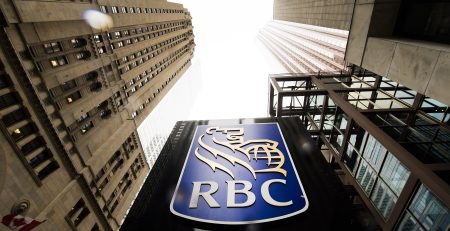Grow Smart. Grow Right.
🧭 Sustainable Scaling: How Ethical Principles Are Guiding Responsible Expansion
A Thought Leadership Article by H.G&W – Global Management Consulting Firm
Executive Summary
As the world redefines what “growth” means, global companies are under increasing pressure to expand not just quickly—but responsibly. Sustainable scaling is the new frontier for competitive advantage. In this article, H.G&W explores how forward-looking businesses are using ethical frameworks to guide expansion strategies that protect people, the planet, and long-term profitability.
1. The Shift from Fast Growth to Good Growth
In an era where climate change, social inequality, and stakeholder scrutiny dominate global discourse, traditional models of unchecked growth are no longer viable.
Gone are the days when success was measured only in revenue and market share. Today, investors, consumers, and regulators demand that expansion be:
-
Inclusive
-
Environmentally conscious
-
Culturally sensitive
-
Governed by values, not just margins
Sustainable scaling refers to the ethical and strategic process of growing a business while minimizing negative impacts and maximizing positive social and environmental outcomes.
2. Why Ethical Principles Matter in Scaling
A. Ethics Reduce Long-Term Risk
Businesses expanding into new markets face complex risks: environmental regulations, labor rights issues, cultural misalignment. An ethical framework helps navigate these proactively.
B. Consumers Are Watching
Millennials and Gen Z—who dominate spending power—are values-driven. 73% of Gen Z consumers will pay more for sustainable products. Scaling must reflect their expectations.
C. Investors Are Recalibrating
Ethical performance is now an investment criterion. ESG (Environmental, Social, Governance) scores impact access to capital, partnerships, and IPO valuations.
D. Talent Attraction and Retention
Employees want to work for companies that are purpose-led. Ethical expansion signals organizational integrity and long-term vision.
3. Key Ethical Principles Guiding Responsible Expansion
1. Environmental Stewardship
-
Use sustainable resources and green technologies during expansion.
-
Conduct environmental impact assessments before entering new regions.
-
Set carbon-neutral goals and align with international climate accords.
Example:
Patagonia limits store expansion unless carbon offset measures can be fully implemented, prioritizing sustainability over market dominance.
2. Cultural Sensitivity & Local Inclusion
-
Tailor expansion models to respect local customs, languages, and values.
-
Hire local talent and build local supplier partnerships.
-
Avoid “copy-paste” strategies that disregard community dynamics.
Example:
Unilever adapts product formulation and marketing to fit regional cultural and environmental conditions while maintaining global standards.
3. Fair Labor Practices
-
Uphold living wages and safe working conditions across global supply chains.
-
Implement due diligence for third-party contractors and franchises.
Example:
IKEA actively audits suppliers and works with NGOs to eliminate child labor and unethical practices in emerging markets.
4. Transparent Governance
-
Ensure full disclosure of expansion plans, risks, and stakeholder impact.
-
Empower ethical oversight boards during mergers, acquisitions, and joint ventures.
5. Stakeholder Engagement
-
Involve community leaders, NGOs, and local governments in expansion planning.
-
Conduct social impact assessments, not just financial forecasting.
4. Challenges to Ethical Scaling—and How to Overcome Them
| Challenge | Strategic Response |
|---|---|
| Profit pressure vs. long-term ethics | Build a dual bottom line model (profit + impact) |
| Inconsistent local laws | Apply the highest standard, not just the legal minimum |
| Resource constraints | Prioritize key ethical pillars, scale gradually |
| Resistance from leadership | Use data to show ROI of ethical growth |
5. Case Study: H&M Group
H&M’s global expansion faced scrutiny due to its supply chain practices. In response, it:
-
Invested in circular fashion and recycling technologies
-
Publicly disclosed its supplier list
-
Partnered with Fair Living Wage programs
This turnaround strengthened brand reputation and proved that ethics can be scaled alongside operations.
6. Conclusion
Ethical scaling is no longer optional. It is a business imperative that separates transient players from enduring leaders.
At H.G&W, we help businesses design sustainable growth strategies that reflect global best practices, align with ESG metrics, and drive innovation rooted in responsibility.
Growth without conscience is no longer growth—it’s risk. The future belongs to companies that scale wisely.











Leave a Reply